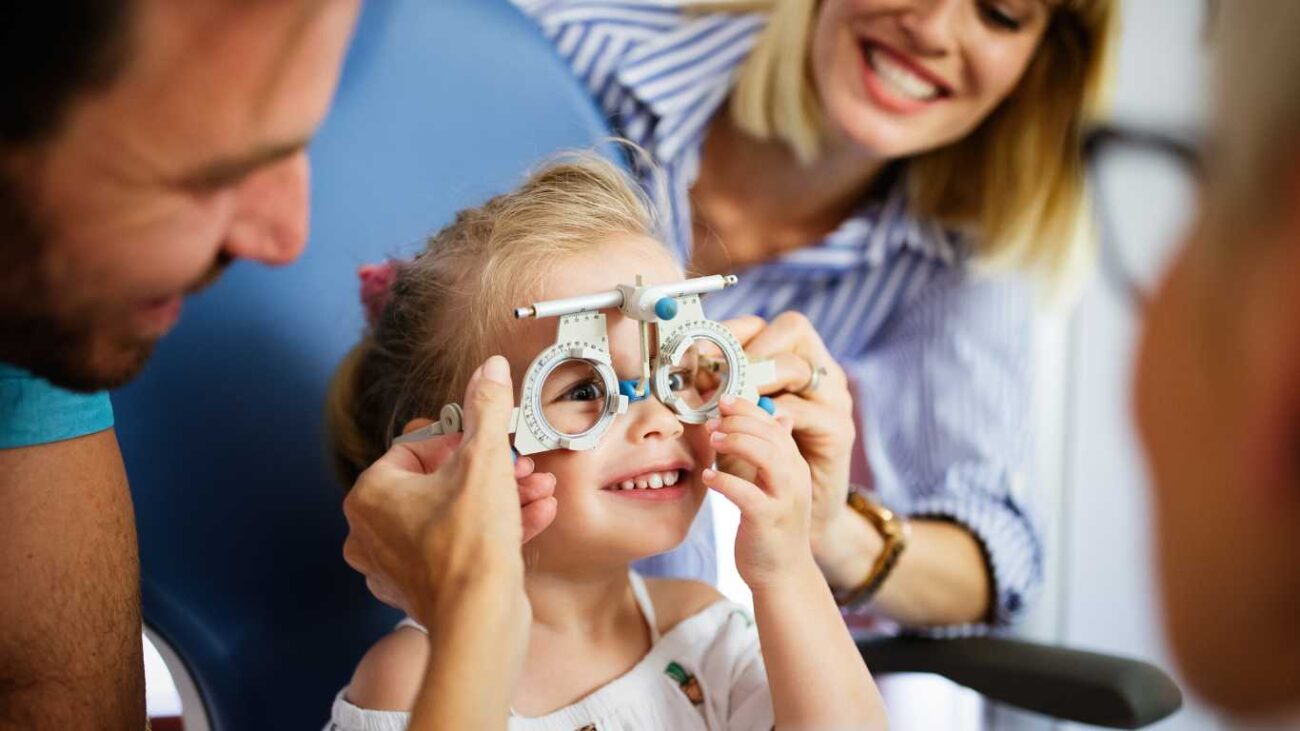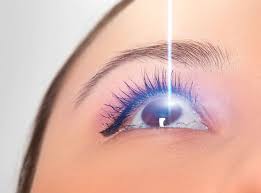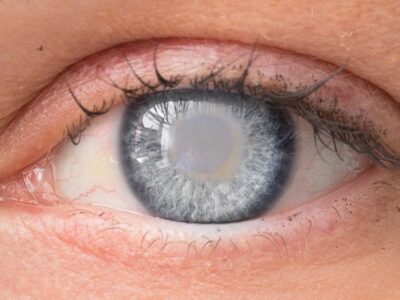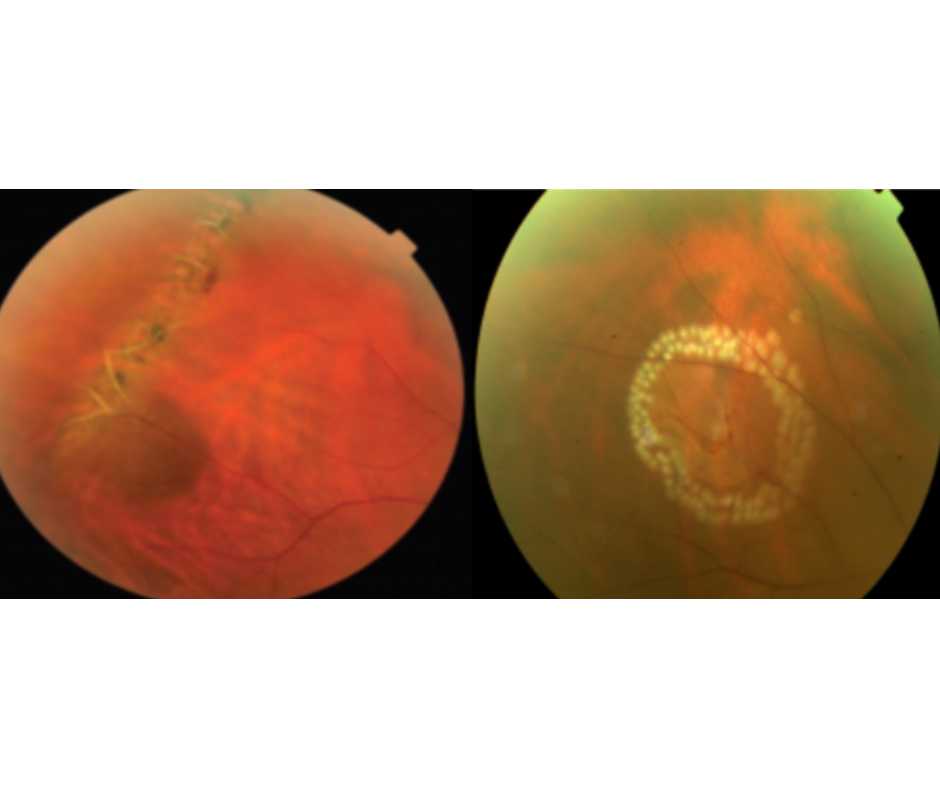Say Goodbye to Glasses: The Ultimate Guide to Eye Surgery in 2025
Wearing glasses can be inconvenient and affect your confidence, lifestyle, and even job opportunities. If you’re tired of foggy lenses, broken frames, or dependency on glasses, you’re not alone. According to a 2024 Vision Council report, over 62% of adults globally seek alternatives to glasses or contacts.
Enter vision correction surgery—a revolutionary field in ophthalmology that can liberate you from glasses once and for all. But with multiple procedures available and rapid advancements in technology, which one is right for you?

Which type of eye surgery can permanently eliminate the need for wearing glasses?
Vision correction surgery refers to procedures that reshape the cornea or implant corrective lenses to correct refractive errors like
- Myopia (Nearsightedness)
- Hyperopia (Farsightedness)
- Astigmatism
- Presbyopia (Age-related reading difficulty)
These procedures help reduce or eliminate the need for glasses or contact lenses.
Top Eye Surgeries for Glasses Removal in 2025
1. LASIK (Laser-Assisted In Situ Keratomileusis)
How it works: A femtosecond laser creates a flap in the cornea, and an excimer laser reshapes the underlying tissue.
Ideal for mild to moderate myopia, hyperopia, or astigmatism.
Recovery: 24–48 hours
Success rate: 98% achieve 20/20 vision
Cost in India (2025): ₹35,000–₹110,000 (per eye)
Pros:
- Quick recovery
- Proven results
- Widely available
Cons:
- Not suitable for thin corneas
- Minor risk of dry eyes
2. SMILE (Small Incision Lenticule Extraction)
How it works: A tiny incision is made to remove a lenticule from the cornea.
Benefits: Minimally invasive, quicker healing, fewer dry eyes.
Ideal for: Moderate to high myopia
Recovery: 24–48 hours
Cost in India: ₹60,000–₹120,000
Pros:
- No corneal flap
- Less risk of complications
Cons:
- Limited to myopia and mild astigmatism
3. ICL (Implantable Collamer Lens)
How it works: A biocompatible lens is implanted behind the iris.
Ideal for: High myopia, thin corneas, dry eyes
Advantages: Reversible, UV protection
Recovery: 2–5 days
Cost: ₹65,000–₹150,000 (per eye)
Pros:
- Excellent for high power
- Does not alter cornea
Cons:
- Slightly longer recovery
- More expensive
4. PRK (Photorefractive Keratectomy)
How it works: The outer layer of the cornea is removed, and the cornea is reshaped with a laser.
Ideal for: Those with thin corneas or active lifestyles (athletes)
Recovery: 5–7 days
Cost: ₹25,000–₹80,000
Pros:
- No flap complications
Cons:
- Longer recovery
- More discomfort
At-a-Glance Comparison Table
| Procedure | Vision Range | Cost (INR) | Recovery | Permanent? | Reversible? |
|---|---|---|---|---|---|
| LASIK | Mild to moderate | 35K–110K | 1–2 days | ✅ Yes | ❌ No |
| SMILE | Moderate to high | 60K–120K | 1–2 days | ✅ Yes | ❌ No |
| ICL | Moderate to high | 65K–150K | 2–5 days | ✅ Yes | ❌ No |
| PRK | Mild to moderate | 25K–80K | 5–7 days | ✅ Yes | ❌ No |
How to Choose the Right Eye Surgery for You
Choosing the right procedure depends on
- Your eye prescription (power range, stability)
- Corneal thickness
- Dry eye symptoms
- Lifestyle and profession (e.g., athletes vs. IT professionals)
- Budget and personal preference
Only a detailed evaluation with a qualified refractive surgeon can guide you correctly. At Vijaya Nethralaya, we offer free screenings and AI-assisted diagnostic tests.
Who is a good candidate?
You may be eligible for eye surgery if:
- You’re 18 years or older
- Your prescription has been stable for 1+ years
- You have no active eye infections
- Your corneal thickness is adequate
- You’re not pregnant or breastfeeding
A thorough eye exam by a certified ophthalmologist is crucial.
Expert Insight from Vijaya Nethralaya
Dr. Sushruth Appaji, a certified refractive surgeon at Vijaya Nethralaya, explains:
“With personalized laser profiles and AI-guided diagnostics, 2025 is the safest and most effective time to undergo vision correction surgery.”
Learn more: Vijaya Nethralaya Eye Hospital
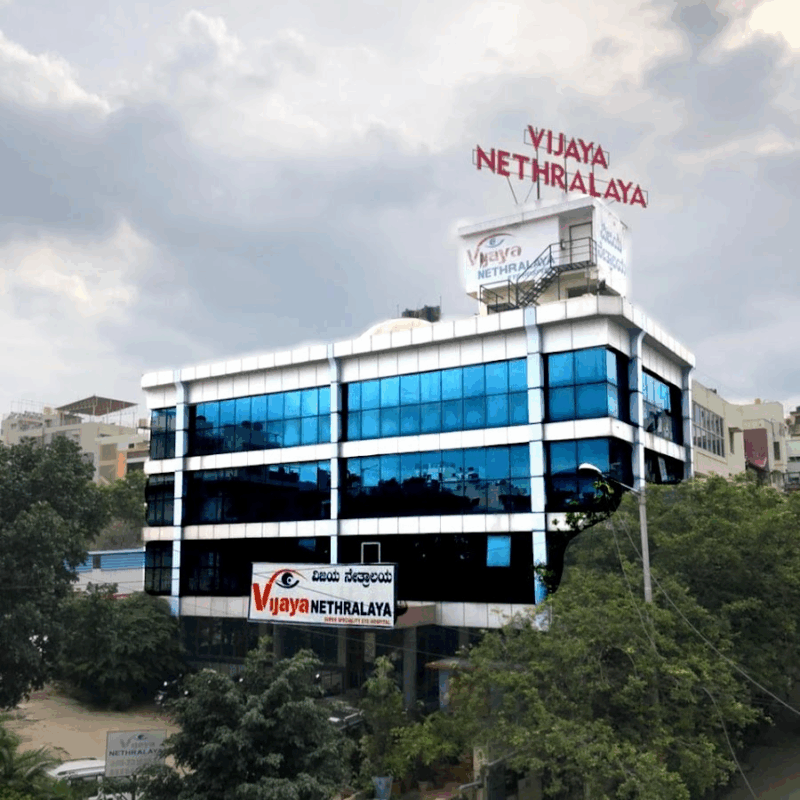
What Affects the Cost of Eye Surgery?
Several factors influence pricing:
- Type of procedure (LASIK, ICL, etc.)
- Surgeon’s experience and reputation
- Technology used (bladed vs. bladeless)
- Clinic location (urban vs. rural)
- Pre-op tests and post-op care packages
Always request a cost breakdown to avoid hidden charges.
FAQ:
❓What is the best surgery to get rid of glasses?
Answer: LASIK is the most common, but ICL is preferred for high myopia or thin corneas.
❓Is eye surgery permanent?
Answer: Yes. Procedures like LASIK and ICL provide long-term results. ICL is also reversible.
❓Is the surgery painful?
Answer: No. Most surgeries are pain-free due to numbing eye drops.
❓Can I go blind from laser eye surgery?
Answer: The risk is extremely low with modern technologies and experienced surgeons.
❓How soon can I return to work?
Answer: Most patients return to work within 1–3 days after LASIK or SMILE.
❓Which surgery is safest?
Answer: All approved procedures are safe, but SMILE and ICL may have fewer side effects in select cases.
❓What are the risks?
Answer: Temporary dry eyes, halos at night, or under/over-correction. These are rare and manageable.
Final Thoughts
If you’re ready to experience a life free from glasses, now is the time to explore your options. Thanks to advanced diagnostics, faster lasers, and tailored treatments, vision correction in 2025 is safer and more accessible than ever.
📍 Visit Vijaya Nethralaya Eye Hospital to book a free consultation and learn which surgery is right for you.




